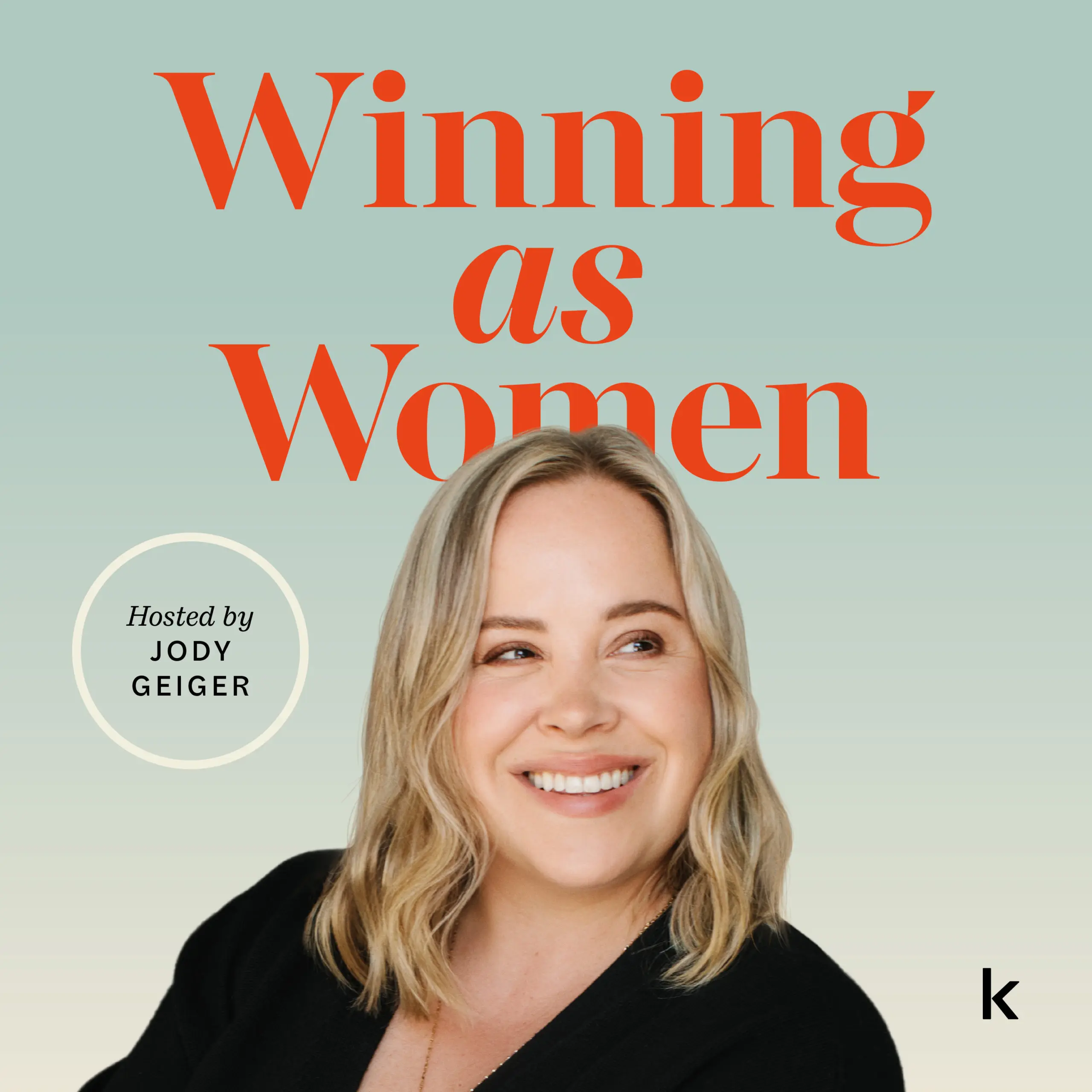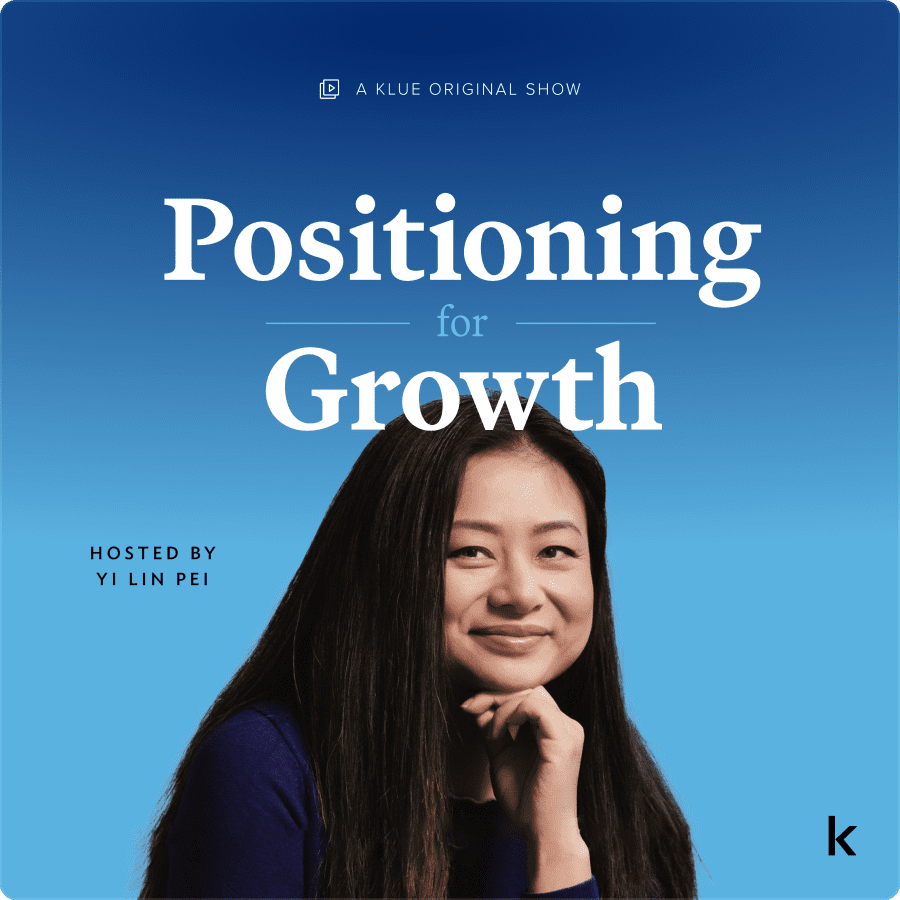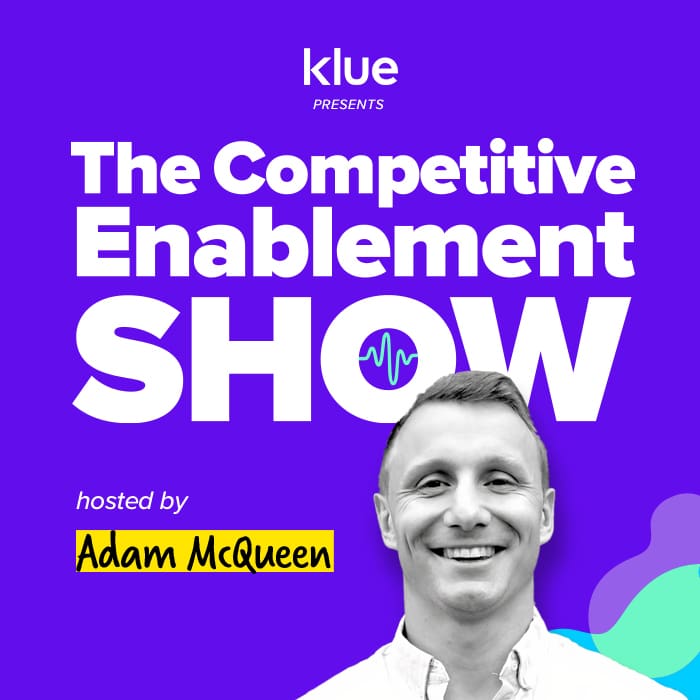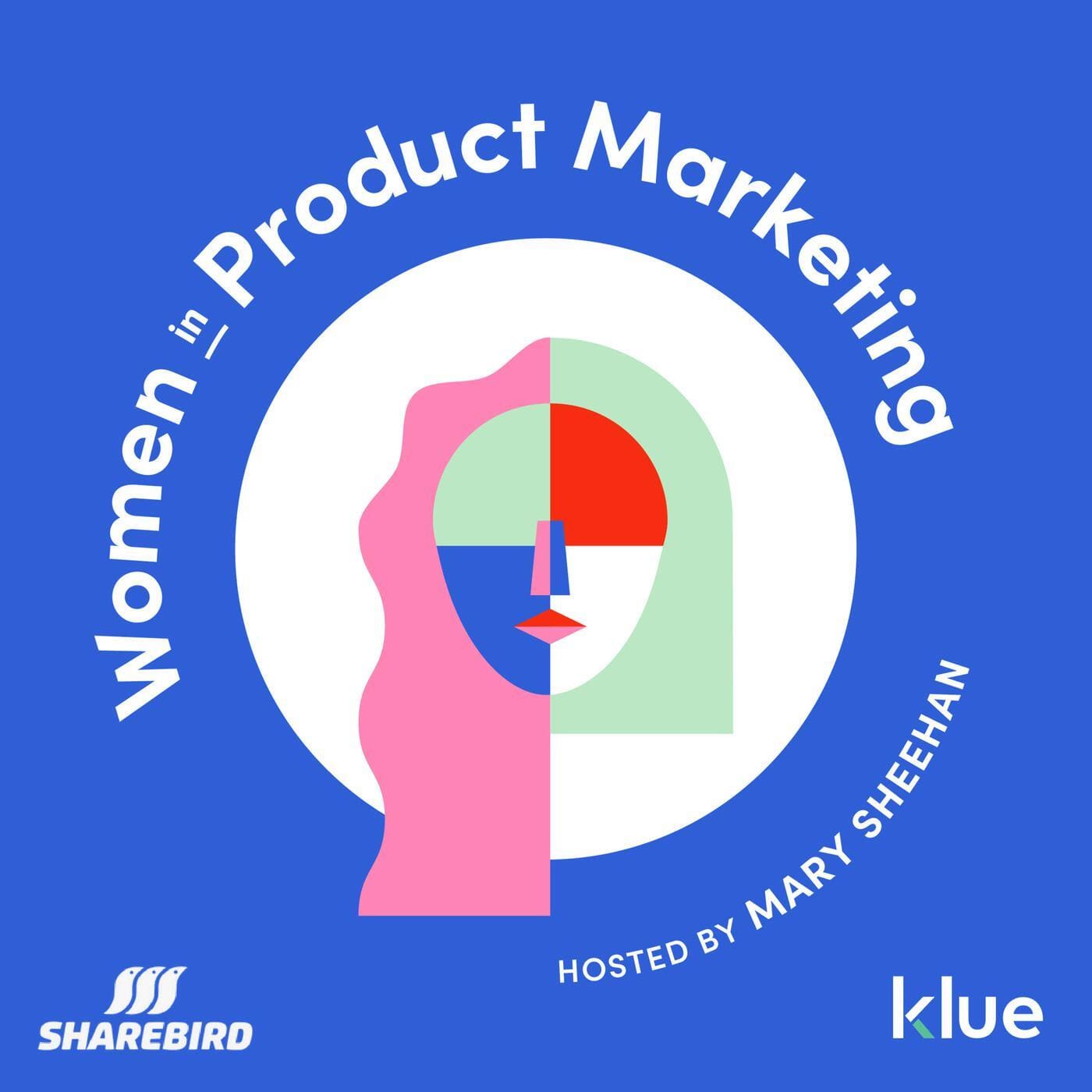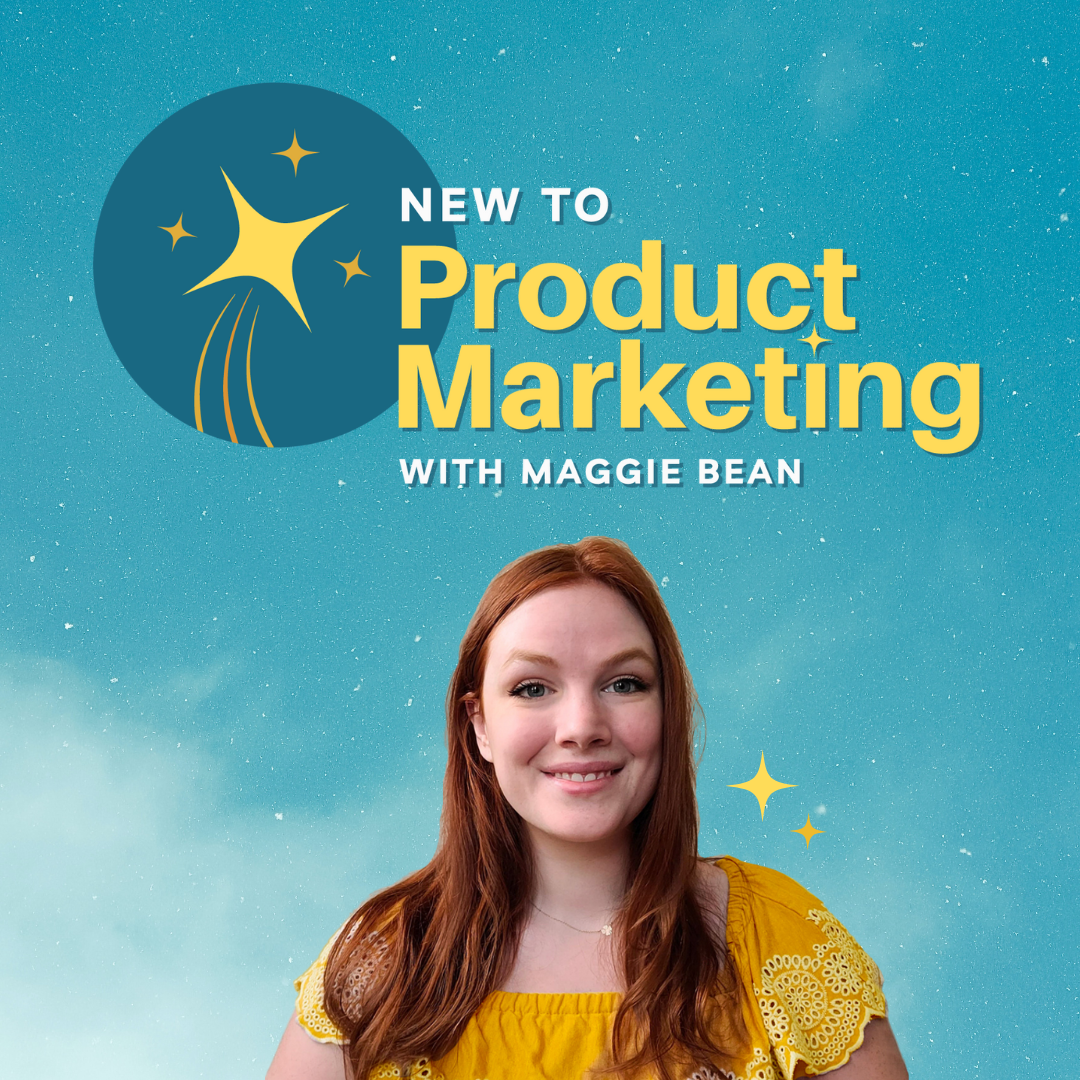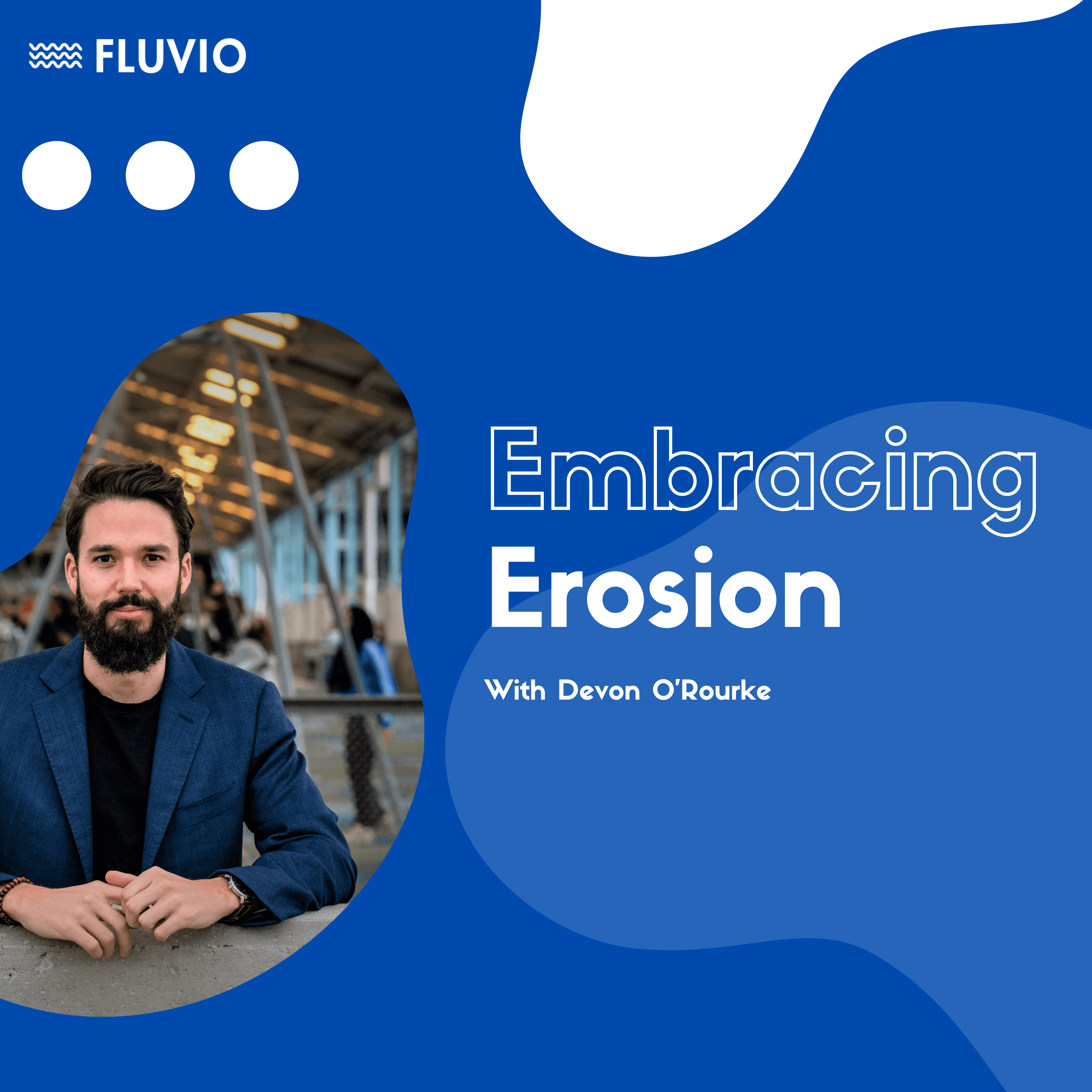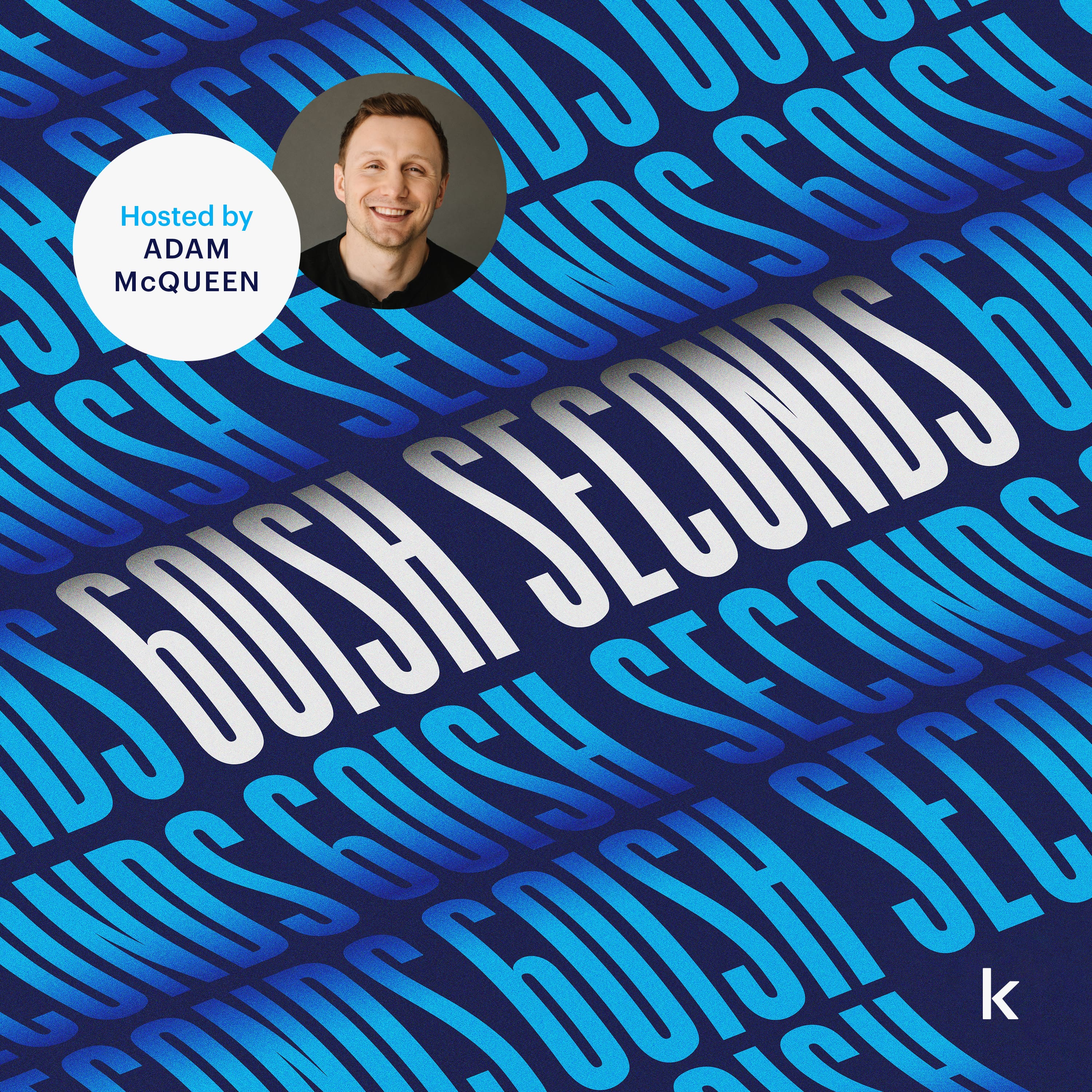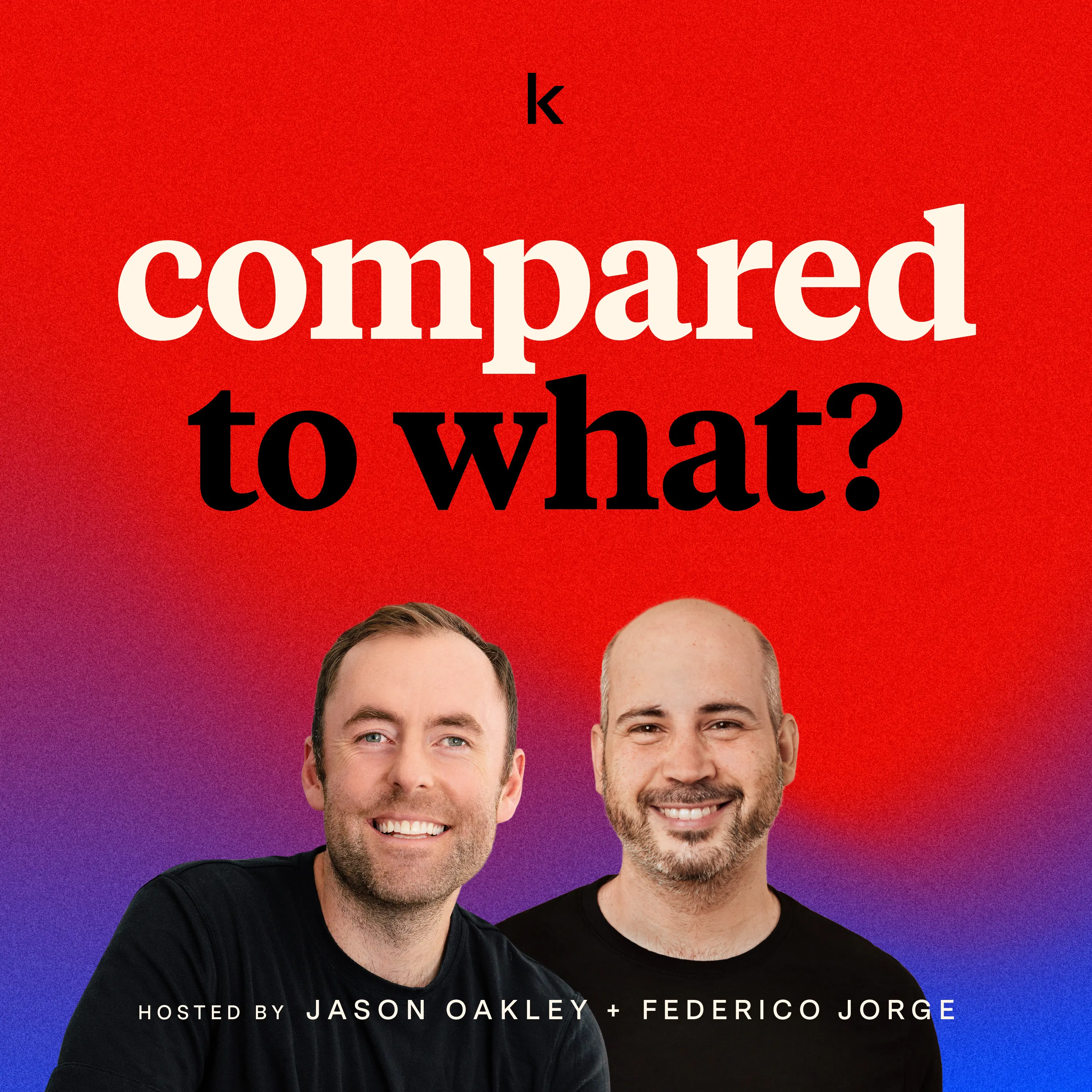Lessons from a Career in Compete | Mayur Palta, Databricks
The Sparknotes
Big Takeaways from Big Companies
“It starts with the culture. I’m sort of becoming this evangelist for culture, but essentially that’s how things get done.”
Don’t start a business. If you do, don’t build something complex. And don’t take other people’s money to build it.
Three pieces of advice given to a 19 year-old Mayur Palta as he set out to build his own business.
How did he respond: “I made all three mistakes.”
As with all unsuccessful endeavours, Mayur took the learnings from his failed business venture and turned them into successes later on throughout his career.
A career that has included roles with AWS, Dell EMC, Oracle, culminating in his current role at Databricks.
Three big takeaways from AWS, Dell EMC and Oracle:
AWS: Strong corporate culture supported by leadership principles can produce outstanding results.
“The leaders of Amazon set this expectation that we are long term oriented, that it’s going to take a very long time and we’re going to do the right thing.”
Dell EMC: Having a multi-function skillset enables more effective cross-functional partnerships.
“It brought clarity among the leaders and facilitated better decision making rather than pretty slides just trying to bring everybody up to speed.”
Oracle: Successful companies have a love for competition in their DNA.
“I recognized the importance of finding like minded people internally — people who had interest in paying attention to competition.”


⚭ Data-driven competitive intelligence flywheels enable competitive advantage
“It takes a lot of effort to start a flywheel. But once it gets spinning, it continues to quickly gain momentum and spin faster and faster.”
A company with data-driven competitive insights can deliver a better product or service.
A company with a better product/service will attract more customers.
The most customers a company has, the more competitive insights they collect and curate.
This is the competitive intelligence flywheel. And it’s what allows the best organizations to compete and win more deals.
It’s like the snowball effect, but, as Mayur puts it, “The difference is that the flywheel never has to stop. It’s a constant drumbeat.”
So how do you start the drumbeat and make sure it continues? In other words, what’s the foundation for a competitive flywheel?
Elements of a competitive flywheel
- Customer feedback
- Cross-functional collaboration
- An strong underlying platform
For Mayur and the team at Databricks, the platform of choice is what they call the Databricks Lakehouse Platform. (Which you can read more about here.)
No matter the platform, customer feedback and cross-functional collaboration are the keys to success in building a competitive intelligence flywheel.
A flywheel that will enable your entire organization to beat the competition and win more deals.
Three Tips for Starting a Win-Loss Program
“Cross-functionally what is relevant? You’re looking for that relevance because these things easily become like data swamps where you just keep collecting data and you don’t know what you’re looking for ”
A career in compete has taught Mayur the value of conducting win-loss interviews within a larger win-loss program.
And while the specs of a particular win-loss program will vary organization by organization, he shared his three best pieces of advice for starting a win-loss program.
1️⃣ Work backwards from your customers and the voice of your customers
2️⃣ Lean towards sound data and don’t focus on opinions
3️⃣ View your program through a multi-dimensional, cross-functional lens
Customer obsession — a principle Mayur learned from his time at AWS — puts the customer and their needs at the centre of it all.
Your win-loss interviews and the program’s goals more broadly should start with the voice of customer and work backwards.
And when you’re conducting these interviews, make sure to tease out anecdotes and matters of opinion.
Mayur recommends giving a ranking 1-10 to the “soundness of what’s being shared. You can’t be making big decisions based on anecdotal data.
No matter what, recognize the value that your win-loss program can bring to the entire organization.
Even if sales is your primary focus to start, the insights gleaned from a solid win-loss program will have positive knock-on effects throughout the org.


NEWSLETTER

Competitive strategies in five minutes or less. Straight to your inbox.
The official newsletter of The Compete Network with the best compete content from Klue, our customers, and compete experts from around the industry. Coffee & Compete's got you covered.

